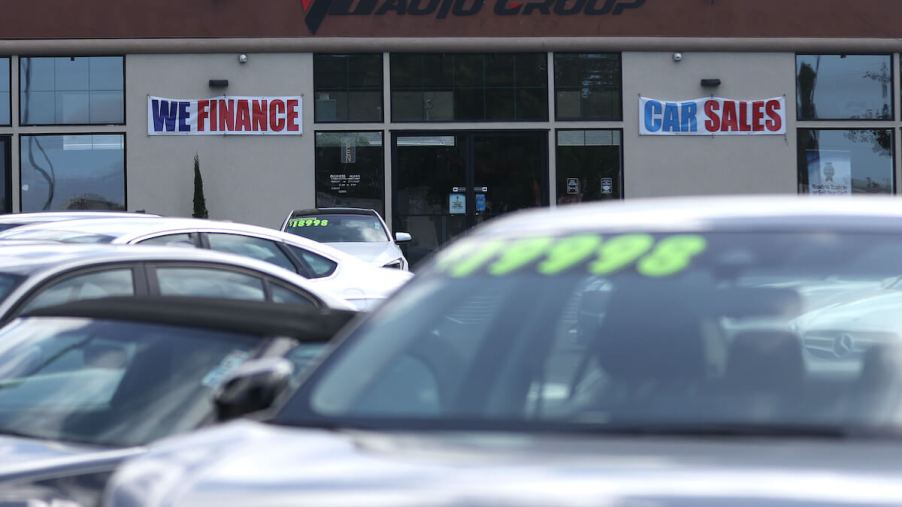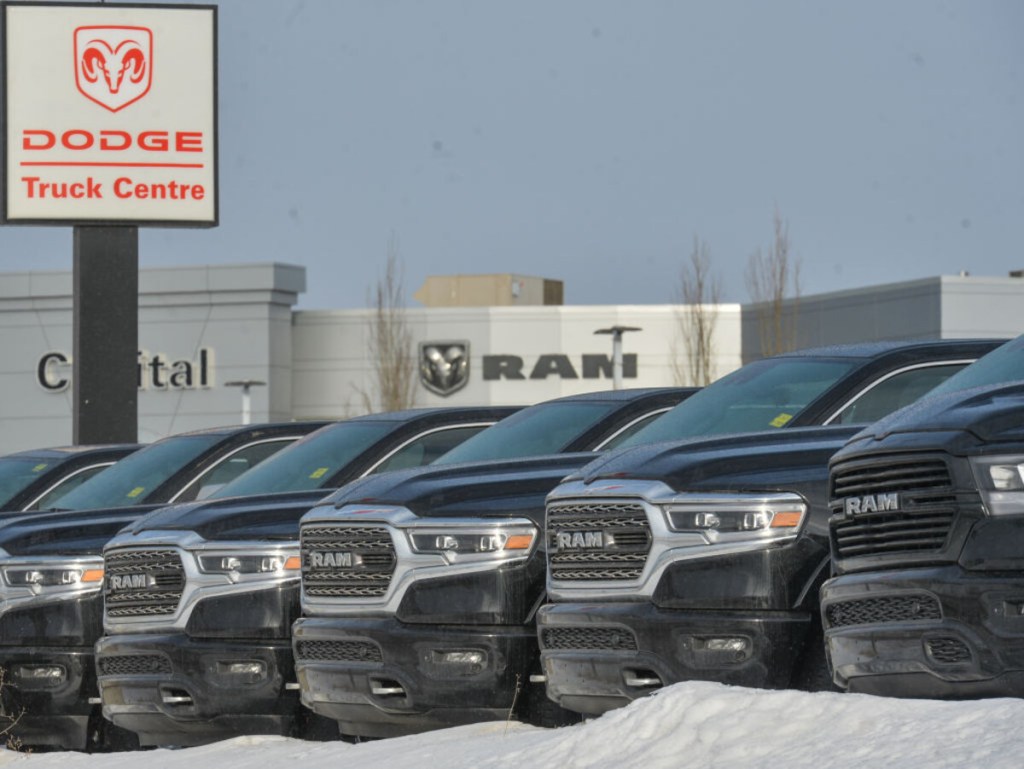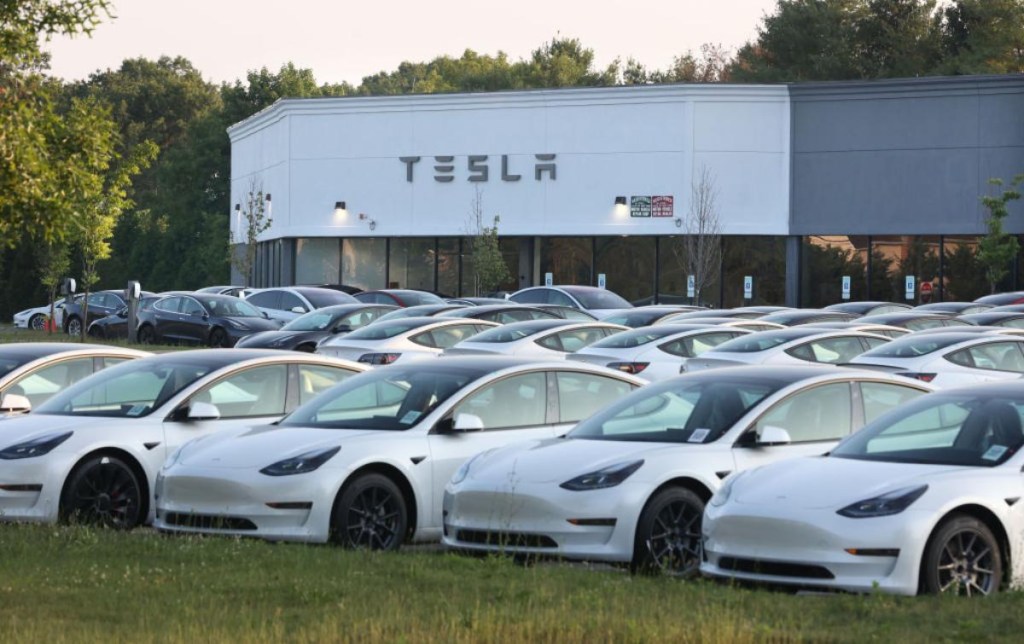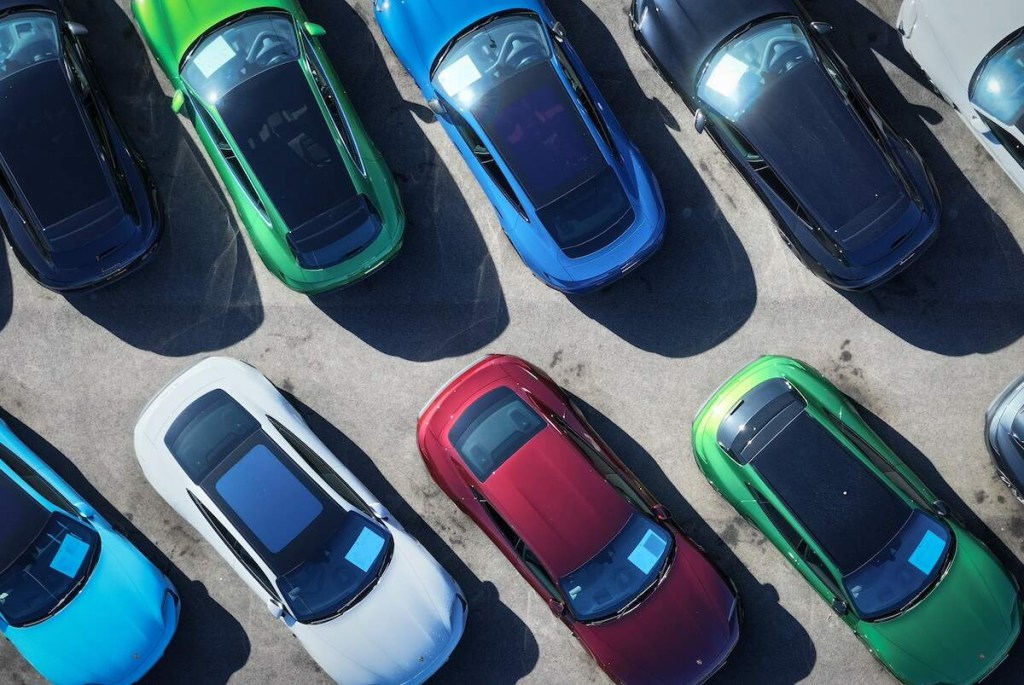
Car Buying: The Same Vehicle Got Much More Expensive in 2023 Than 2021
There was a time not too long ago when average prices for new vehicles went up around 3% annually. Once the pandemic hit at the end of 2019, car buying saw that number increase to around 5% by the end of 2020. By 2022, the increase blew up like a balloon to 17.2%. This all means that since 2019, average prices have gone up over 30%.
For car buyers, the good news is that so far in 2023, prices are stable. At least they were until the UAW’s record wage increases, which will assuredly be passed on to buyers any day now. So, sorry, maybe that’s not such good news after all.
Why are EV sales lower than last year?

Those increases above are only averages. With pickup trucks continuing to remain extremely popular and EV sales slowing considerably, you can throw out the above numbers for those segments. Tesla began 2023 by slashing prices to maintain record production. This is causing EV prices across the board to drop, sometimes drastically.
To get specific, take the Tesla Model X. A Model X Dual Motor goes for around $40,000 LESS than it did a year ago. In October 2022, an entry-level Model X sold for $121,000. Today, that same EV is $80,000. Looking at new Model S Dual Motor Teslas, they were $105,000 last year and are now selling for $75,000.
Now, contrast that with new truck prices. The 2023 Ford F-150 saw average prices soaring by $7,000. As for Chevrolet’s Silverado 1500, it has three price increases in 2023 so far. Supply and demand dictate that strong demand means it’s time to raise prices.
Why are truck prices so high?

According to Cox Automotive, average transaction prices are at $48,451 into November 2023. That’s about the same as last year. Not to burst your bubble, but contrasting that to prices a decade ago, the average vehicle cost has risen 54%. The average transaction price in 2012 was $31,000.
For perspective, the Federal Housing Finance Agency says yearly home prices since 2012 have increased an average of 7.7%. Keep in mind that for all of these numbers, there are numerous variables that move figures up and down for location, supply and demand, etc.
For trucks and SUVs, there are several reasons why prices are rising so high. Base truck models are virtually nonexistent as automakers push expensive high-trim packages. Electronics and new technology also play a part as raw material costs soar and manufacturers increase their use. Moreover, government regulations for better safety and mileage also add cost.
Should car buyers wait to buy until 2024?

Demand also affects manufacturer incentives. Actually, it doesn’t affect them so much as it eliminates them. There’s no reason for companies to slap money on the hood when demand is so high there aren’t that many hoods to begin with.
As we said earlier, prices are likely to continue up in 2024 for all of the reasons shown here. So, if you’re a car buyer thinking about putting off a new car purchase to 2024, you may want to rethink that. Especially now when dealers typically negotiate more often to get those high year-end numbers.



